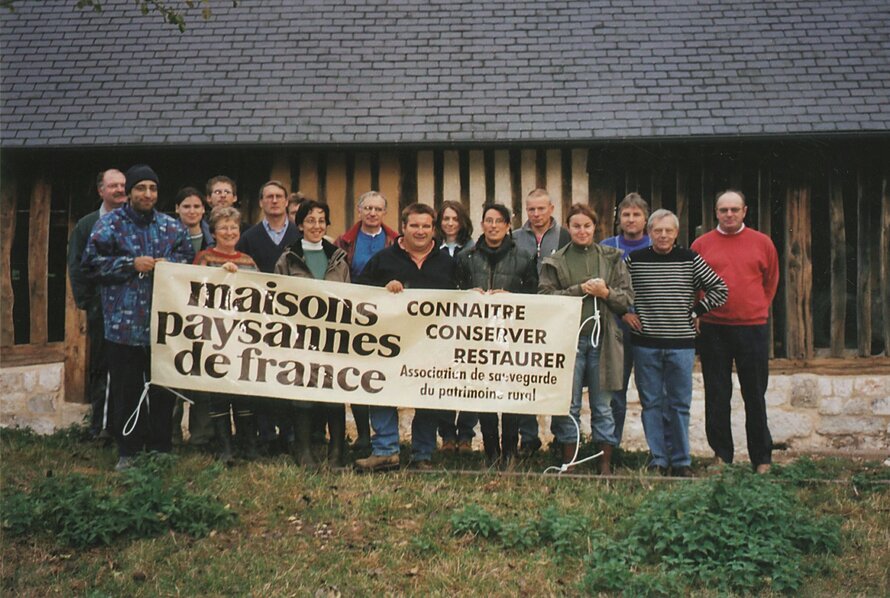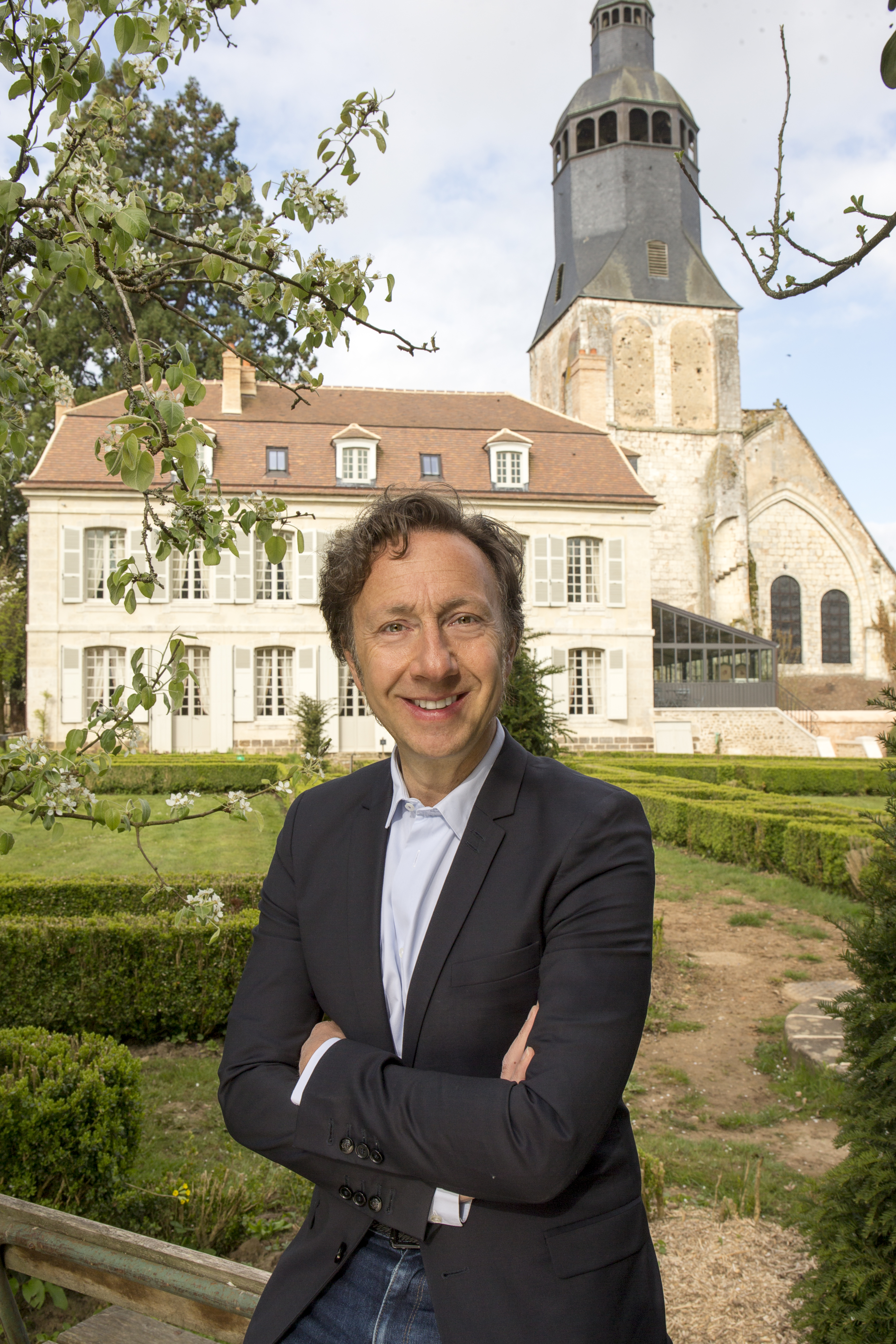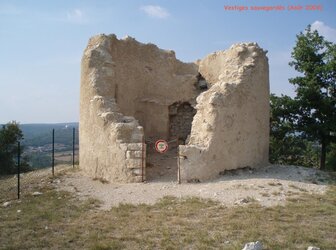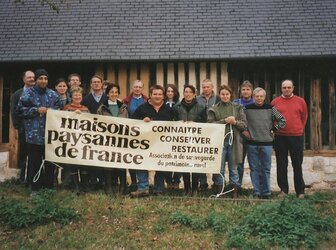Association "Maisons Paysannes de France" (MPF), Paris
Dedicated to the safeguarding of rural built heritage and its environment, Maisons Paysannes de France (MPF) also advances the transition towards a creative and sustainable contemporary architecture nourished by the experience of the past and in symbiosis with nature. Founded in ...
Read more
Project details
| Title: | Association "Maisons Paysannes de France" (MPF), Paris |
|---|---|
| Entr. year: | 2005 |
| Result: | Grand Prix |
| Country: | France |
| Category type: | organisation |
| Architect / Proj.leader: | Dedicated service by individuals or organisations |
| The Jury's citation: | For the consummate professionalism and constructive action of its highly committed volunteers and for the exceptional quality in the restoration of rural built heritage promoted throughout France over forty years. |
| Web, Links: | www.maisons-paysannes.org/ |
Description:
Dedicated to the safeguarding of rural built heritage and its environment, Maisons Paysannes de France (MPF) also advances the transition towards a creative and sustainable contemporary architecture nourished by the experience of the past and in symbiosis with nature. Founded in 1965, MPF presently counts over 10,000 members. MPF contributes to the preservation of the built rural environment and traditional know-how through the dissemination of a high-quality quarterly review; its documentation centre accessible to the public; the René Fontaine Prize for Restoration; the editing of technical and awareness-raising handbooks and the organisation of meetings. The wider public benefits from the active presence of MPF through free advice on restoration issues from professional architects and through the support of a dynamic network of regional delegates. An excellent training centre, established in 1999, responds to the growing need expressed by architects, craftsmen, local officials and owners, for acquiring methods and tools for restoring and enhancing ancient rural buildings. Member of the "G8 Patrimoine" - a think-tank of eight prominent national heritage organisations advising the Ministry of Culture - MPF plays a key role in defining national heritage policies. Finally, MPF encourages the exchange of declining traditional skills and knowledge abroad through a trans-national twinning programme with Italy, Morocco and the United Kingdom. MPF has undoubtedly succeeded in introducing built heritage as a fundamental element of rural planning strategies and has increased recognition of a heritage long considered to be of minor significance.




